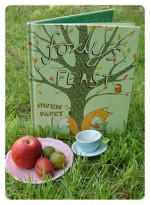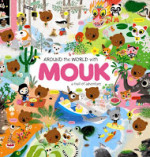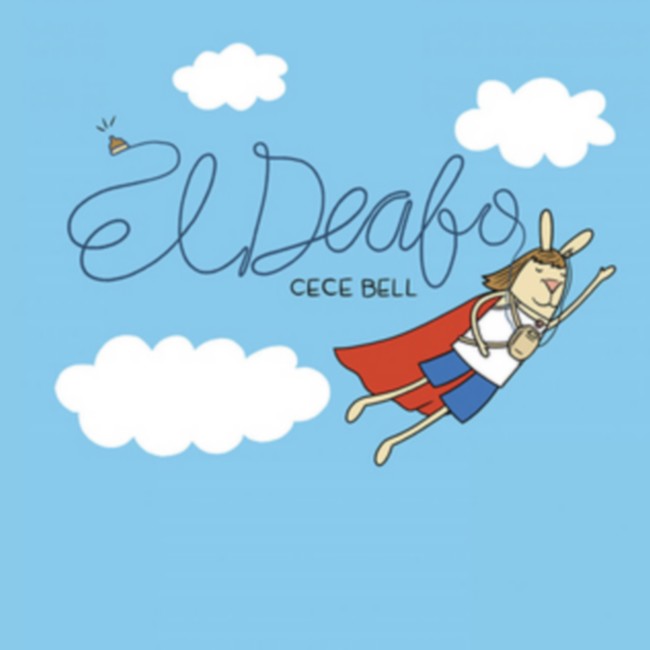Cora Harrison
(Macmillan Children’s Books)
It is 1791, and shy, sensible Jenny Cooper and her bold cousin Jane Austen are in a rather bad way. Jane is very sick with a fever and the cruel and rather unscrupulous headmistress of their girls’ boarding school is refusing to contact Jane’s parents. Jenny feels she has no other choice than to venture out in the middle night, alone, to take a letter to the post inn to try to warn her aunt and uncle of Jane’s poor health. Southampton at night is not the most suitable place for a young girl without an escort and after a few unfortunate encounters, Jenny is eventually rescued by a young captain who offers his assistance. As soon as Jenny is back in the school she herself succumbs to the fever. But she has succeeded in her endeavour and the girls are taken back to the Austen family home and there Jenny, an orphan with only a brother and his ghastly wife as close relatives, discovers a new life, one that revolves around gowns, balls, gossip and finding a husband. Jenny enjoys her new care-free life, and particularly spending time with Jane’s brother Henry. But the secret of her midnight encounter weighs heavily on her mind and her reputation is threatened when he rescuer reappears most unexpectedly.
Although written in contemporary prose, this lovely novel captures Jane Austen’s times perfectly. This is a social account of the end of the eighteenth-century England just as much as it is a bit of girly fun. Coral Harrison most definitely did her homework; the boundaries between fact and fiction are often blurred, as the author was inspired both by real events and characters and episodes in Jane Austen’s life (mostly recorded in her correspondence to several people) as well as the imaginary characters and scenes in her novels. They all come together very well (the author’s note at the end of the book gives some insight of how this balance between fact and fiction was achieved and it is fascinating) and Cora Harrison manages to touch on subjects that were close to Austen’s heart too: the issues around marriage, with true love always competing against finding a match that will bring financial security is central, and girls with an independent mind are pivotal to the story.
Of course hindsight being a wonderful thing, she also manages to module her characters to fit Jane Austen’s later life namely for example Jane announcing to her mother after an argument about Jane’s lack of accomplishment in anything but writing: “I don’t care […] I shall make my living by writing novels, and thousands of people will buy them, and that’s that.”
This quirky romantic novel is a great introduction to Jane Austen for younger readers and an insight of what life might have been for her, seen through the eyes of her cousin. The fact that it is written in the form of a journal, accentuated by pretty illustrations, makes it effortless to read, and one that I very much enjoyed.






